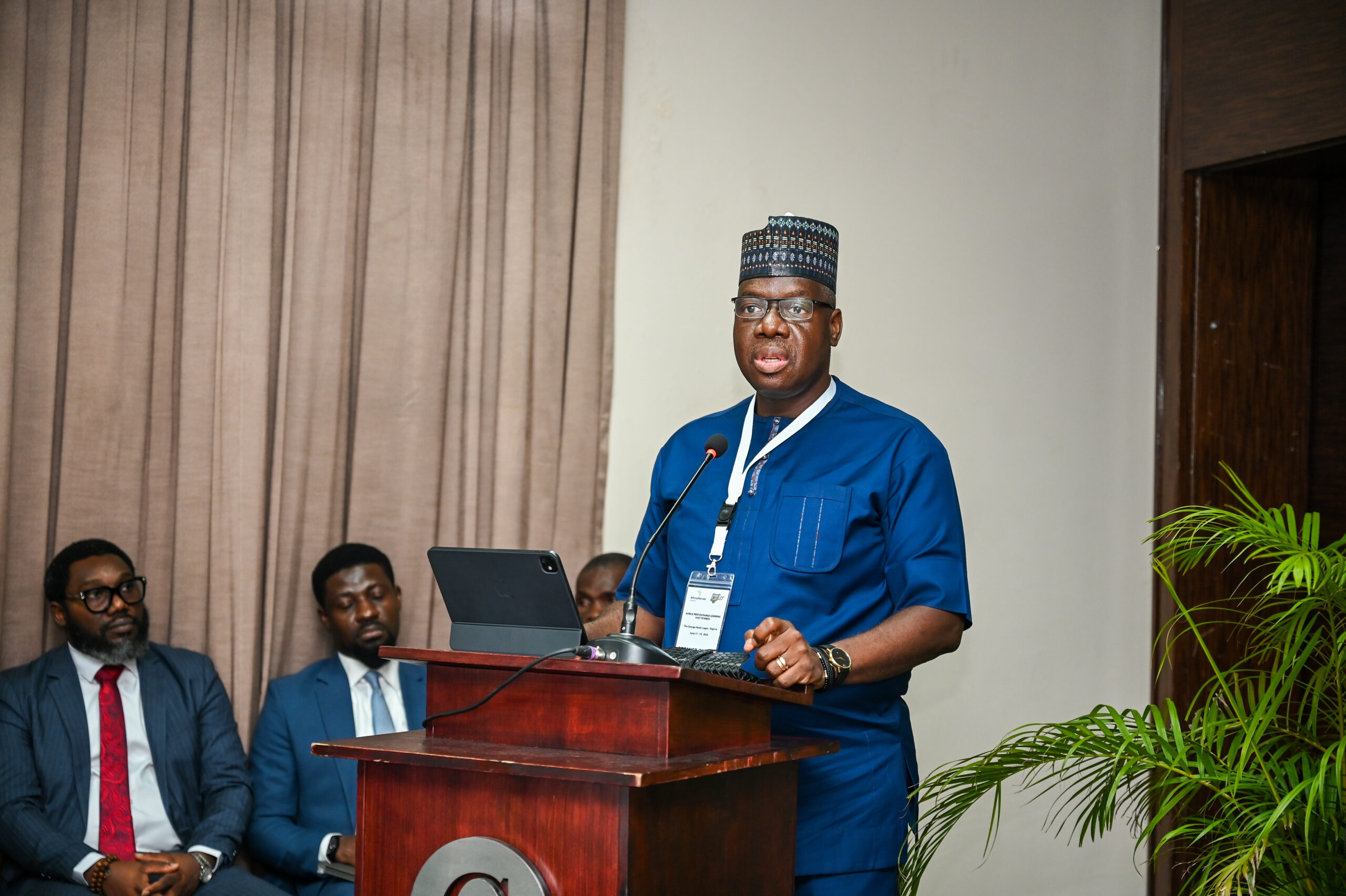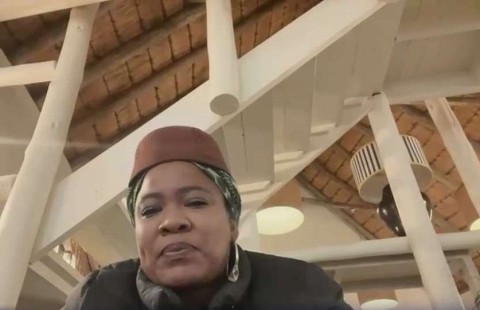Supreme Court allows victims of terrorist attacks to sue the Palestinian Authority | CNN Politics

CNN —
The Supreme Court on Friday said that the families of victims of terrorist attacks in Israel may sue the Palestinian Authority in a decision that will likely make it easier for victims of other overseas attacks with ties to Palestinian groups to seek damages in US courts.
Chief Justice John Roberts wrote the opinion for the court and the vote was unanimous.
Roberts wrote that the federal government has “strong interest in permitting American victims of international terror to pursue justice in domestic courts.”
The court has “recognized the national government’s interest in holding accountable those who perpetrate an ‘act of violence against’ US nationals — who, even when physically outside our borders, remain ‘under the particular protection’ of American law,” Roberts wrote. “So too the national government’s corresponding authority to make ‘the killing of an American abroad’ punishable as a federal offense ‘that can be prosecuted in (US) courts.”
Though the Supreme Court decided the case amid the war in Gaza and increasing tension with Iran, the circumstances that led to the lawsuit and appeal took place years earlier. And the underlying question was a technical one.
At issue are a series of deadly attacks inside Israel that date back to the Second Intifada in the early 2000s. The question for the Supreme Court was whether Congress had the authority to subject the Palestine Liberation Organization and the Palestinian Authority to the jurisdiction of federal courts, which would allow the victims of those attacks to sue for damages.
One of those victims, Ari Fuld, an American citizen and the named plaintiff in the case before the Supreme Court, was stabbed in 2018 hours after the chairman of the PLO claimed the Israeli government wanted to establish Jewish prayer zones inside one of Islam’s holiest sites, according to court records. A federal court in 2015 awarded victims more than $650 million under the federal Anti-Terrorism Act, which permits Americans to sue for damages caused by terrorism.
But a federal appeals court in New York reversed that verdict, ruling that courts lacked jurisdiction over the PLO and the Palestinian Authority.
As the case bounced around federal courts, Congress repeatedly stepped in to amend the law to allow the victims to sue after federal courts ruled against them, most recently in 2019. That law essentially made the Palestinian groups subject to federal court jurisdiction if they conducted “any activity” within the United States, with few exceptions.
But the 2nd US Circuit Court of Appeals ruled that law violated the Fifth Amendment.
The Palestinian Authority told the Supreme Court in a briefing that because it does not “maintain any constitutionally meaningful connection to the United States,” allowing federal courts to exercise jurisdiction over claims “for alleged atta cks in Israel and Palestine would violate due process.”
During oral arguments in April, several of the justices had indicated they were keen to defer to the other branches on the question.
Justice Brett Kavanaugh, a member of the court’s conservative wing, noted that the president and Congress had acted together on the question of court jurisdiction.
“Now there is still a role for judicial review to make sure they’re not crossing some other constitutional line, but, usually, that’s a very sensitive judgment for a federal court to make,” Kavanaugh said in April.
“Usually, we would require something in either the text of the Constitution or in the historical practice over the years that would suggest some principle that the courts could rely on that would disagree with the foreign policy and national security judgment of Congress and the president acting together,” he said.
In a concurring opinion, Justice Clarence Thomas – joined in part by Justice Neil Gorsuch – said he would have gone further, ruling that the Fifth Amendment shouldn’t be read to constrain courts from hearing cases involving foreign parties.












